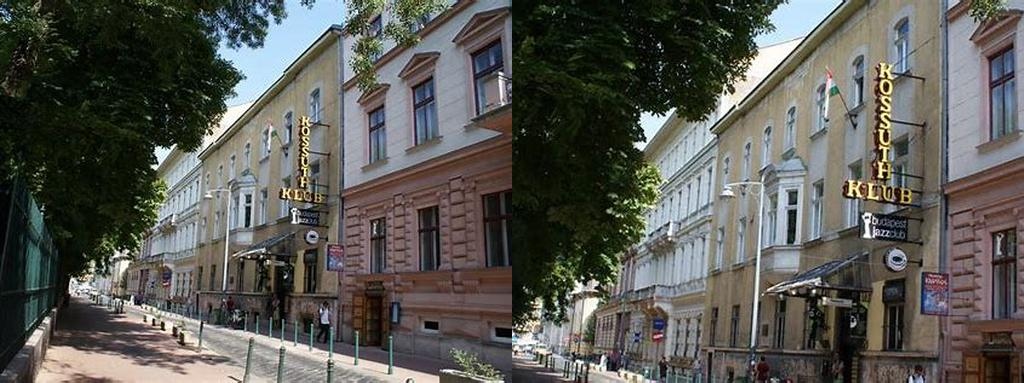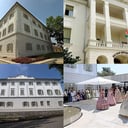
Kossuth Klub is one of those fascinating places in Budapest that you stumble upon and wonder why more people aren’t talking about it. Located just a few blocks from the iconic Astoria intersection, it’s not flashy or ornate, but the energy practically seeps from its walls. Named after Lajos Kossuth, the much-respected 19th-century Hungarian statesman and symbol of national independence, the club has roots running deep into the intellectual and social history of the city. You could walk by, mistake it for an unassuming university building, and completely miss the fact that it’s a genuine hotspot for cultural and political dialogue.
The story of Kossuth Klub starts rather dramatically. Established in 1947, its creation was tied closely to the post-World War II wave of university reform and political change sweeping Hungary. Originally set up to serve as a space for students of the prestigious Eötvös Loránd University, it quickly blossomed into something larger. Picture the vibrant debates, poetry readings, heady concerts, and heated chess matches unfolding within these walls over the decades—including during that enormous wave of social unrest, the 1956 Hungarian Revolution. As Hungary swung between eras of repression and reform, Kossuth Klub remained a breathing space for people to air their opinions, organize movements, and occasionally ruffle feathers in the process. There’s something compelling about knowing you might be sipping coffee at tables where dissident discussions once quietly challenged the system.
But don’t think for a minute that Kossuth Klub is just about dusty historical anecdotes and nostalgia. In present-day Budapest, the club is a meeting ground unlike any other. Its audience is a wildly eclectic mix—students with backpacks, graying intellectuals, aspiring poets, leftist activists, musicians, and sometimes families with very young kids in tow. The event calendar can be a thrilling hodge-podge of film screenings, art exhibitions, open mics, and public lectures. Hungarian political life can get quite, shall we say, lively, and Kossuth Klub is often where the discussions feel most honest and least scripted. You don’t just passively attend an event here—you become part of the buzzing conversation that makes the club special.
The building itself is spacious but strikingly democratic in vibe—no one wears a tie unless it’s ironically or for theatrical effect. You’ll see towering bookshelves, ragged posters for decades-old exhibitions, and unexpected corners that seem made for eavesdropping on a fascinating philosophical debate. The club’s café is a real find. Expect simple, delicious Hungarian pastries, reasonably priced coffee, and the luxury to linger over your cup without being hurried. It’s one of those rare places where you can show up alone and wind up deep in conversation with a stranger about climate change, vintage jazz, or the legacy of Miklós Radnóti, whose name you might spot on flyers for upcoming poetry nights.
Kossuth Klub is also a hearteningly open space for non-Hungarians. Many events are either bilingual or have elements in English, thanks to the steady international presence from Budapest’s many universities. You don’t need to be a member or even a student to poke your head inside—just a bit of curiosity about contemporary Hungarian culture and a taste for a lively atmosphere. There’s a perpetual sense of things happening—impromptu debates sparked by current events, NGO workshops, quirky vinyl listening parties, and creative collaborations that seem to flower overnight.
So, if you’re the kind of traveler who prefers meaningful encounters to guidebook landmarks—or you simply love seeing the unpolished, beating heart of a city—Kossuth Klub promises insight you won’t soon forget. Whether you come for a lecture, a concert, or just to people-watch with your notebook and coffee, you’re bound to catch a glimpse of Budapest at its most passionate, creative, and sincere.





